Source for this related gaming news is as simple as you click This website and read another one!
Source for this related gaming news is as simple as you click This website and read another one!
Source for this related gaming news is as simple as you click This website and read another one!
Source for this related gaming news is as simple as you click This website and read another one!
Source for this related gaming news is as simple as you click This website and read another one!
Source for this related gaming news is as simple as you click This website and read another one!
Source for this related gaming news is as simple as you click This website and read another one!
Source for this related gaming news is as simple as you click This website and read another one!
Source for this related gaming news is as simple as you click This website and read another one!
Source for this related gaming news is as simple as you click This website and read another one!
Source for this related gaming news is as simple as you click This website and read another one!
Source for this related gaming news is as simple as you click This website and read another one!
Source for this related gaming news is as simple as you click This website and read another one!
Source for this related gaming news is as simple as you click This website and read another one!
Source for this related gaming news is as simple as you click This website and read another one!
Source for this related gaming news is as simple as you click This website and read another one!
Source for this related gaming news is as simple as you click This website and read another one!
Source for this related gaming news is as simple as you click This website and read another one!
Source for this related gaming news is as simple as you click This website and read another one!
Source for this related gaming news is as simple as you click This website and read another one!
Source for this related gaming news is as simple as you click This website and read another one!
Source for this related gaming news is as simple as you click This website and read another one!
Source for this related gaming news is as simple as you click This website and read another one!
Source for this related gaming news is as simple as you click This website and read another one!
Source for this related gaming news is as simple as you click This website and read another one!
Source for this related gaming news is as simple as you click This website and read another one!
Source for this related gaming news is as simple as you click This website and read another one!
Source for this related gaming news is as simple as you click This website and read another one!
Source for this related gaming news is as simple as you click This website and read another one!
Source for this related gaming news is as simple as you click This website and read another one!
Source for this related gaming news is as simple as you click This website and read another one!
Source for this related gaming news is as simple as you click This website and read another one!
Source for this related gaming news is as simple as you click This website and read another one!
Source for this related gaming news is as simple as you click This website and read another one!
Source for this related gaming news is as simple as you click This website and read another one!
Source for this related gaming news is as simple as you click This website and read another one!
Source for this related gaming news is as simple as you click This website and read another one!
Source for this related gaming news is as simple as you click This website and read another one!
Source for this related gaming news is as simple as you click This website and read another one!
Source for this related gaming news is as simple as you click This website and read another one!
Source for this related gaming news is as simple as you click This website and read another one!
Source for this related gaming news is as simple as you click This website and read another one!
Source for this related gaming news is as simple as you click This website and read another one!
Source for this related gaming news is as simple as you click This website and read another one!
Source for this related gaming news is as simple as you click This website and read another one!
Source for this related gaming news is as simple as you click This website and read another one!
Source for this related gaming news is as simple as you click This website and read another one!
Source for this related gaming news is as simple as you click This website and read another one!
Source for this related gaming news is as simple as you click This website and read another one!
Source for this related gaming news is as simple as you click This website and read another one!
Source for this related gaming news is as simple as you click This website and read another one!
Source for this related gaming news is as simple as you click This website and read another one!
Source for this related gaming news is as simple as you click This website and read another one!
Source for this related gaming news is as simple as you click This website and read another one!
Source for this related gaming news is as simple as you click This website and read another one!
Source for this related gaming news is as simple as you click This website and read another one!
Source for this related gaming news is as simple as you click This website and read another one!
Source for this related gaming news is as simple as you click This website and read another one!
Source for this related gaming news is as simple as you click This website and read another one!
Source for this related gaming news is as simple as you click This website and read another one!
Source for this related gaming news is as simple as you click This website and read another one!
Source for this related gaming news is as simple as you click This website and read another one!
Source for this related gaming news is as simple as you click This website and read another one!
Source for this related gaming news is as simple as you click This website and read another one!
Source for this related gaming news is as simple as you click This website and read another one!
Source for this related gaming news is as simple as you click This website and read another one!
Source for this related gaming news is as simple as you click This website and read another one!
Source for this related gaming news is as simple as you click This website and read another one!
Source for this related gaming news is as simple as you click This website and read another one!
Source for this related gaming news is as simple as you click This website and read another one!
Source for this related gaming news is as simple as you click This website and read another one!
Source for this related gaming news is as simple as you click This website and read another one!
Source for this related gaming news is as simple as you click This website and read another one!
Source for this related gaming news is as simple as you click This website and read another one!
Source for this related gaming news is as simple as you click This website and read another one!
Source for this related gaming news is as simple as you click This website and read another one!
Source for this related gaming news is as simple as you click This website and read another one!
Source for this related gaming news is as simple as you click This website and read another one!
Source for this related gaming news is as simple as you click This website and read another one!
Source for this related gaming news is as simple as you click This website and read another one!
Source for this related gaming news is as simple as you click This website and read another one!
Source for this related gaming news is as simple as you click This website and read another one!
Source for this related gaming news is as simple as you click This website and read another one!
Source for this related gaming news is as simple as you click This website and read another one!
Source for this related gaming news is as simple as you click This website and read another one!
Source for this related gaming news is as simple as you click This website and read another one!
Source for this related gaming news is as simple as you click This website and read another one!
Source for this related gaming news is as simple as you click This website and read another one!
Source for this related gaming news is as simple as you click This website and read another one!
Source for this related gaming news is as simple as you click This website and read another one!
Source for this related gaming news is as simple as you click This website and read another one!
Source for this related gaming news is as simple as you click This website and read another one!
Source for this related gaming news is as simple as you click This website and read another one!
Source for this related gaming news is as simple as you click This website and read another one!
Source for this related gaming news is as simple as you click This website and read another one!
Source for this related gaming news is as simple as you click This website and read another one!
Source for this related gaming news is as simple as you click This website and read another one!
Source for this related gaming news is as simple as you click This website and read another one!
Source for this related gaming news is as simple as you click This website and read another one!
Source for this related gaming news is as simple as you click This website and read another one!
Source for this related gaming news is as simple as you click This website and read another one!
Source for this related gaming news is as simple as you click This website and read another one!
Source for this related gaming news is as simple as you click This website and read another one!
Source for this related gaming news is as simple as you click This website and read another one!
Source for this related gaming news is as simple as you click This website and read another one!
Source for this related gaming news is as simple as you click This website and read another one!
Source for this related gaming news is as simple as you click This website and read another one!
Source for this related gaming news is as simple as you click This website and read another one!
Source for this related gaming news is as simple as you click This website and read another one!
Source for this related gaming news is as simple as you click This website and read another one!
Source for this related gaming news is as simple as you click This website and read another one!
Source for this related gaming news is as simple as you click This website and read another one!
Source for this related gaming news is as simple as you click This website and read another one!
Source for this related gaming news is as simple as you click This website and read another one!
Source for this related gaming news is as simple as you click This website and read another one!
Source for this related gaming news is as simple as you click This website and read another one!
Source for this related gaming news is as simple as you click This website and read another one!
Source for this related gaming news is as simple as you click This website and read another one!
Source for this related gaming news is as simple as you click This website and read another one!
Source for this related gaming news is as simple as you click This website and read another one!
Source for this related gaming news is as simple as you click This website and read another one!
Source for this related gaming news is as simple as you click This website and read another one!
Source for this related gaming news is as simple as you click This website and read another one!
Source for this related gaming news is as simple as you click This website and read another one!
Source for this related gaming news is as simple as you click This website and read another one!
Source for this related gaming news is as simple as you click This website and read another one!
Source for this related gaming news is as simple as you click This website and read another one!
Source for this related gaming news is as simple as you click This website and read another one!
Source for this related gaming news is as simple as you click This website and read another one!
Source for this related gaming news is as simple as you click This website and read another one!
Source for this related gaming news is as simple as you click This website and read another one!
Source for this related gaming news is as simple as you click This website and read another one!
Source for this related gaming news is as simple as you click This website and read another one!
Source for this related gaming news is as simple as you click This website and read another one!
Source for this related gaming news is as simple as you click This website and read another one!
Source for this related gaming news is as simple as you click This website and read another one!
Source for this related gaming news is as simple as you click This website and read another one!
Source for this related gaming news is as simple as you click This website and read another one!
Source for this related gaming news is as simple as you click This website and read another one!
Source for this related gaming news is as simple as you click This website and read another one!
Source for this related gaming news is as simple as you click This website and read another one!
Source for this related gaming news is as simple as you click This website and read another one!
Source for this related gaming news is as simple as you click This website and read another one!
Source for this related gaming news is as simple as you click This website and read another one!
Source for this related gaming news is as simple as you click This website and read another one!
Source for this related gaming news is as simple as you click This website and read another one!
Source for this related gaming news is as simple as you click This website and read another one!
Source for this related gaming news is as simple as you click This website and read another one!
Source for this related gaming news is as simple as you click This website and read another one!
Source for this related gaming news is as simple as you click This website and read another one!
Source for this related gaming news is as simple as you click This website and read another one!
Source for this related gaming news is as simple as you click This website and read another one!
Source for this related gaming news is as simple as you click This website and read another one!
Source for this related gaming news is as simple as you click This website and read another one!
Source for this related gaming news is as simple as you click This website and read another one!
Source for this related gaming news is as simple as you click This website and read another one!
Source for this related gaming news is as simple as you click This website and read another one!
Source for this related gaming news is as simple as you click This website and read another one!
Source for this related gaming news is as simple as you click This website and read another one!
Source for this related gaming news is as simple as you click This website and read another one!
Source for this related gaming news is as simple as you click This website and read another one!
Source for this related gaming news is as simple as you click This website and read another one!
Source for this related gaming news is as simple as you click This website and read another one!
Source for this related gaming news is as simple as you click This website and read another one!
Source for this related gaming news is as simple as you click This website and read another one!
Source for this related gaming news is as simple as you click This website and read another one!
Source for this related gaming news is as simple as you click This website and read another one!
Source for this related gaming news is as simple as you click This website and read another one!
Source for this related gaming news is as simple as you click This website and read another one!
Source for this related gaming news is as simple as you click This website and read another one!
Source for this related gaming news is as simple as you click This website and read another one!
Source for this related gaming news is as simple as you click This website and read another one!
Source for this related gaming news is as simple as you click This website and read another one!
Source for this related gaming news is as simple as you click This website and read another one!
Source for this related gaming news is as simple as you click This website and read another one!
Source for this related gaming news is as simple as you click This website and read another one!
Source for this related gaming news is as simple as you click This website and read another one!
Source for this related gaming news is as simple as you click This website and read another one!
Source for this related gaming news is as simple as you click This website and read another one!
Source for this related gaming news is as simple as you click This website and read another one!
Source for this related gaming news is as simple as you click This website and read another one!
Source for this related gaming news is as simple as you click This website and read another one!
Source for this related gaming news is as simple as you click This website and read another one!
Source for this related gaming news is as simple as you click This website and read another one!
Source for this related gaming news is as simple as you click This website and read another one!
Source for this related gaming news is as simple as you click This website and read another one!
Source for this related gaming news is as simple as you click This website and read another one!
Source for this related gaming news is as simple as you click This website and read another one!
Source for this related gaming news is as simple as you click This website and read another one!
Source for this related gaming news is as simple as you click This website and read another one!
Source for this related gaming news is as simple as you click This website and read another one!
Source for this related gaming news is as simple as you click This website and read another one!
Source for this related gaming news is as simple as you click This website and read another one!
Source for this related gaming news is as simple as you click This website and read another one!
Source for this related gaming news is as simple as you click This website and read another one!
Source for this related gaming news is as simple as you click This website and read another one!
Source for this related gaming news is as simple as you click This website and read another one!
Source for this related gaming news is as simple as you click This website and read another one!
Source for this related gaming news is as simple as you click This website and read another one!
Source for this related gaming news is as simple as you click This website and read another one!
Source for this related gaming news is as simple as you click This website and read another one!
Source for this related gaming news is as simple as you click This website and read another one!
Source for this related gaming news is as simple as you click This website and read another one!
Source for this related gaming news is as simple as you click This website and read another one!
Source for this related gaming news is as simple as you click This website and read another one!
Source for this related gaming news is as simple as you click This website and read another one!
Source for this related gaming news is as simple as you click This website and read another one!
Source for this related gaming news is as simple as you click This website and read another one!
Source for this related gaming news is as simple as you click This website and read another one!
Source for this related gaming news is as simple as you click This website and read another one!
Source for this related gaming news is as simple as you click This website and read another one!
Source for this related gaming news is as simple as you click This website and read another one!
Source for this related gaming news is as simple as you click This website and read another one!
Source for this related gaming news is as simple as you click This website and read another one!
Source for this related gaming news is as simple as you click This website and read another one!
Source for this related gaming news is as simple as you click This website and read another one!
Source for this related gaming news is as simple as you click This website and read another one!
Source for this related gaming news is as simple as you click This website and read another one!
Source for this related gaming news is as simple as you click This website and read another one!
Source for this related gaming news is as simple as you click This website and read another one!
Source for this related gaming news is as simple as you click This website and read another one!
Source for this related gaming news is as simple as you click This website and read another one!
Source for this related gaming news is as simple as you click This website and read another one!
Source for this related gaming news is as simple as you click This website and read another one!
Source for this related gaming news is as simple as you click This website and read another one!
Source for this related gaming news is as simple as you click This website and read another one!
Source for this related gaming news is as simple as you click This website and read another one!
Source for this related gaming news is as simple as you click This website and read another one!
Source for this related gaming news is as simple as you click This website and read another one!
Source for this related gaming news is as simple as you click This website and read another one!
Source for this related gaming news is as simple as you click This website and read another one!
Source for this related gaming news is as simple as you click This website and read another one!
Source for this related gaming news is as simple as you click This website and read another one!
Source for this related gaming news is as simple as you click This website and read another one!
Source for this related gaming news is as simple as you click This website and read another one!
Source for this related gaming news is as simple as you click This website and read another one!
Source for this related gaming news is as simple as you click This website and read another one!
Source for this related gaming news is as simple as you click This website and read another one!
Source for this related gaming news is as simple as you click This website and read another one!
Source for this related gaming news is as simple as you click This website and read another one!
Source for this related gaming news is as simple as you click This website and read another one!
Source for this related gaming news is as simple as you click This website and read another one!
Source for this related gaming news is as simple as you click This website and read another one!
Source for this related gaming news is as simple as you click This website and read another one!
Source for this related gaming news is as simple as you click This website and read another one!
Source for this related gaming news is as simple as you click This website and read another one!
Source for this related gaming news is as simple as you click This website and read another one!
Source for this related gaming news is as simple as you click This website and read another one!
Source for this related gaming news is as simple as you click This website and read another one!
Source for this related gaming news is as simple as you click This website and read another one!
Source for this related gaming news is as simple as you click This website and read another one!
Source for this related gaming news is as simple as you click This website and read another one!
Source for this related gaming news is as simple as you click This website and read another one!
Source for this related gaming news is as simple as you click This website and read another one!
Source for this related gaming news is as simple as you click This website and read another one!
Source for this related gaming news is as simple as you click This website and read another one!
Source for this related gaming news is as simple as you click This website and read another one!
Source for this related gaming news is as simple as you click This website and read another one!
Source for this related gaming news is as simple as you click This website and read another one!
Source for this related gaming news is as simple as you click This website and read another one!
Source for this related gaming news is as simple as you click This website and read another one!
Source for this related gaming news is as simple as you click This website and read another one!
Source for this related gaming news is as simple as you click This website and read another one!
Source for this related gaming news is as simple as you click This website and read another one!
Source for this related gaming news is as simple as you click This website and read another one!
Source for this related gaming news is as simple as you click This website and read another one!
Source for this related gaming news is as simple as you click This website and read another one!
Source for this related gaming news is as simple as you click This website and read another one!
Source for this related gaming news is as simple as you click This website and read another one!
Source for this related gaming news is as simple as you click This website and read another one!
Source for this related gaming news is as simple as you click This website and read another one!
Source for this related gaming news is as simple as you click This website and read another one!
Source for this related gaming news is as simple as you click This website and read another one!
Source for this related gaming news is as simple as you click This website and read another one!
Source for this related gaming news is as simple as you click This website and read another one!
Source for this related gaming news is as simple as you click This website and read another one!
Source for this related gaming news is as simple as you click This website and read another one!
Source for this related gaming news is as simple as you click This website and read another one!
Source for this related gaming news is as simple as you click This website and read another one!
Source for this related gaming news is as simple as you click This website and read another one!
Source for this related gaming news is as simple as you click This website and read another one!
Source for this related gaming news is as simple as you click This website and read another one!
Source for this related gaming news is as simple as you click This website and read another one!
Source for this related gaming news is as simple as you click This website and read another one!
Source for this related gaming news is as simple as you click This website and read another one!
Source for this related gaming news is as simple as you click This website and read another one!
Source for this related gaming news is as simple as you click This website and read another one!
Source for this related gaming news is as simple as you click This website and read another one!
Source for this related gaming news is as simple as you click This website and read another one!
Source for this related gaming news is as simple as you click This website and read another one!
Source for this related gaming news is as simple as you click This website and read another one!
Source for this related gaming news is as simple as you click This website and read another one!
Source for this related gaming news is as simple as you click This website and read another one!
Source for this related gaming news is as simple as you click This website and read another one!
Source for this related gaming news is as simple as you click This website and read another one!
Source for this related gaming news is as simple as you click This website and read another one!
Source for this related gaming news is as simple as you click This website and read another one!
Source for this related gaming news is as simple as you click This website and read another one!
Source for this related gaming news is as simple as you click This website and read another one!
Source for this related gaming news is as simple as you click This website and read another one!
Source for this related gaming news is as simple as you click This website and read another one!
Source for this related gaming news is as simple as you click This website and read another one!
Source for this related gaming news is as simple as you click This website and read another one!
Source for this related gaming news is as simple as you click This website and read another one!
Source for this related gaming news is as simple as you click This website and read another one!
Source for this related gaming news is as simple as you click This website and read another one!
Source for this related gaming news is as simple as you click This website and read another one!
Source for this related gaming news is as simple as you click This website and read another one!
Source for this related gaming news is as simple as you click This website and read another one!
Source for this related gaming news is as simple as you click This website and read another one!
Source for this related gaming news is as simple as you click This website and read another one!
Source for this related gaming news is as simple as you click This website and read another one!

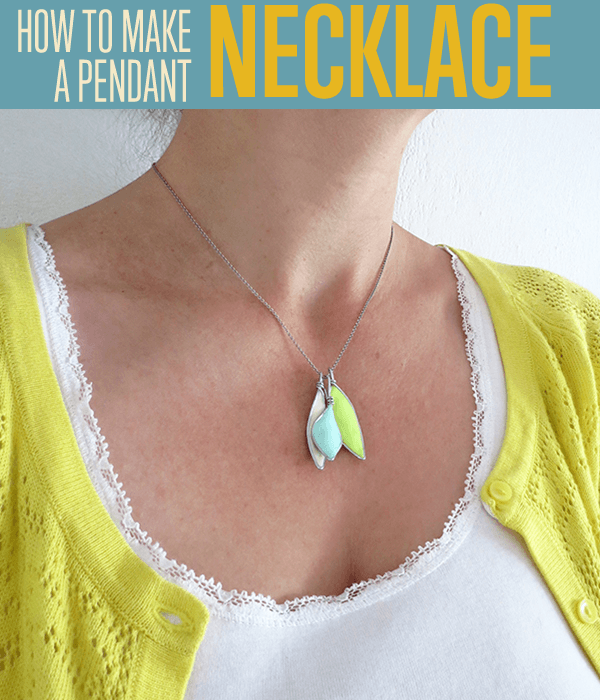
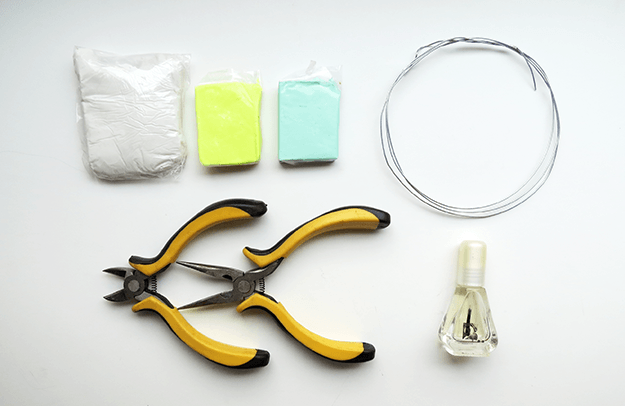
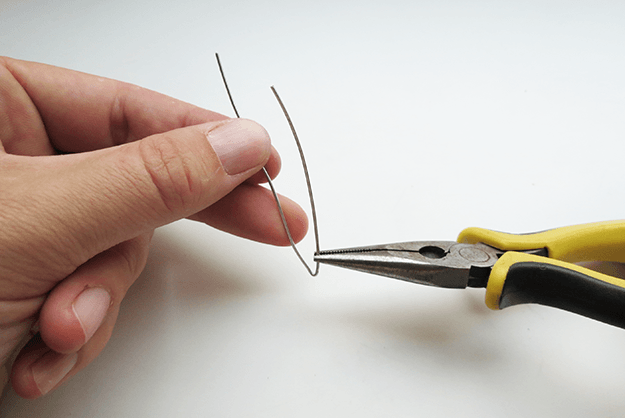
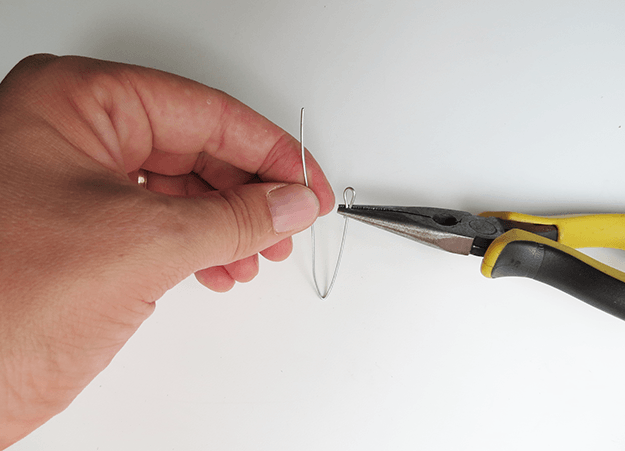
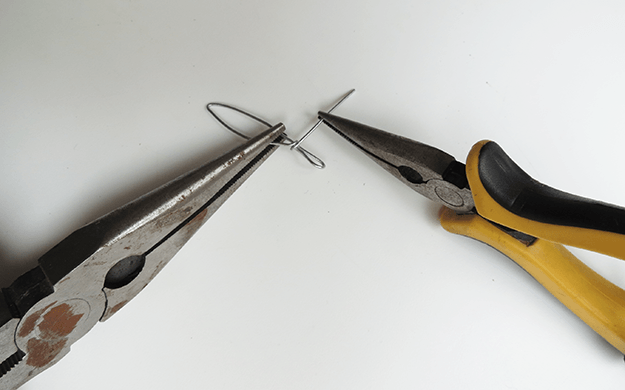
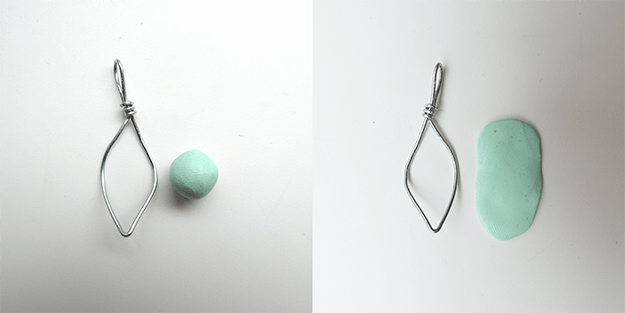
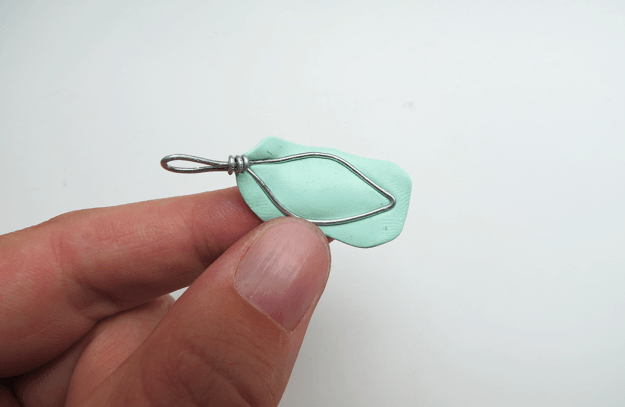
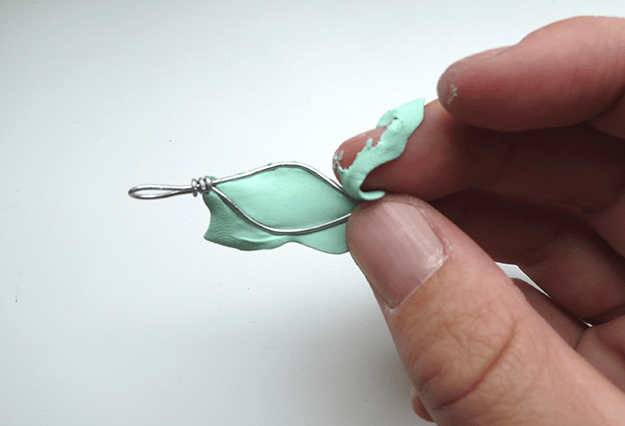
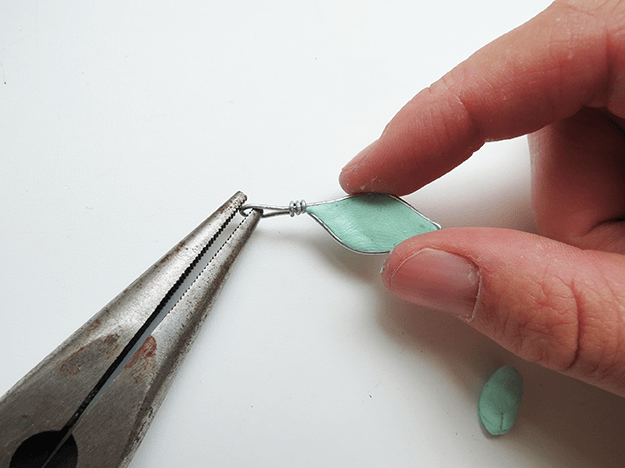
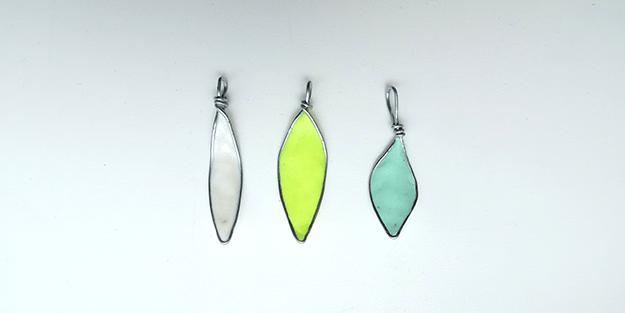
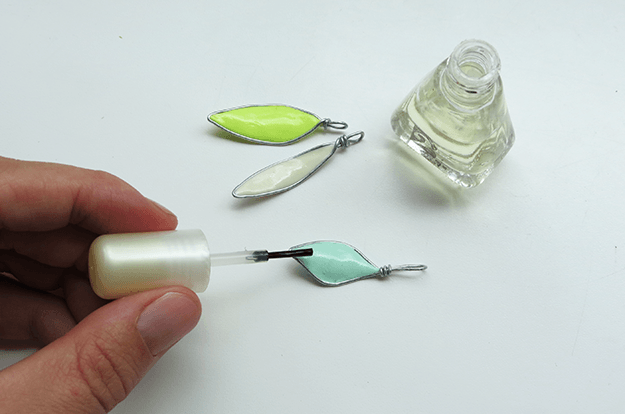
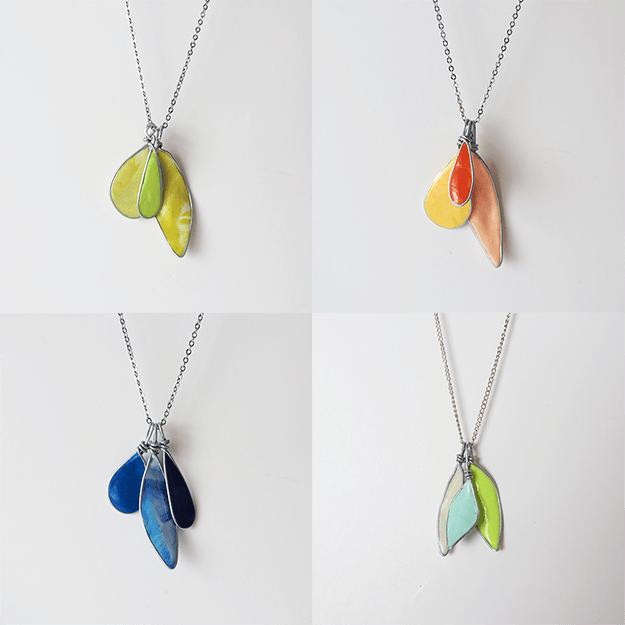






Oh, I love it with the wire rim! They are pretty!
Definitely not. Nail Polish and top coat both yellow with time, so it’s not a good option for coating polymer clay. Try Liquid Fimo Gel (bake it as per instructions, then blast it with a heat gun to make it transparent) or Magic Glos (cures under UV light or Sunlight only) or some spray gloss designed for acrylic paints.
Nail polish is the quickest way to ruin your beautiful new pendant, DON’T USE NAIL POLISH TO SEAL! The solvent in nail polish will begin to soften and dissolve your polymer clay (even baked clay), just making it yellow, sticky and gooey over time. Instead use liquid clay (Fimo & Sculpey both make translucent liquid clays)or glazes made for polymer clay (they are available in a satin or shiny finish). Other than the nail polish, great DIY project with endless possibilities!
Super cute, and so many color options you could make!
Here’s an unsolicited tip: nail polish has a tendency to break down polymer clay over time (we’re talking months, so you won’t notice at first!) and can make it sticky. Some good alternatives are glazes made specifically for polymer clay and even Verathane floor polish (my personal fave). Or, just buff really well on your jeans or with a microfiber cloth to get a natural sheen.